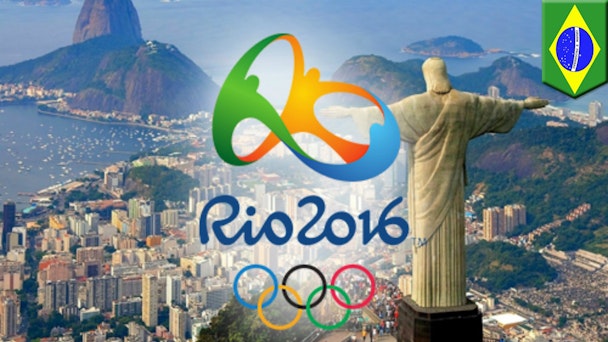US Olympic Committe issues stark warning to non-official sponsors over ad plans around the Games
Changes to the Olympics advertising regulations ahead of the Rio Olympics appear to be stirring tensions between non-official sponsors and the US Olympic Committee (USOC) after it issued a stern warning to brands about stealing intellectual property.

Rio Olympics
The US Olympic Committee reportedly sent letters to brands who sponsor athletes but don't have any sponsorship designation with the USOC or International Olympic Committee, outlining the boundaries of any advertising they may have planned.
"Commercial entities may not post about the Trials or Games on their corporate social media accounts," says USOC chief marketing officer, Lisa Baird, in the letter. "This restriction includes the use of USOC's trademarks in hashtags such as #Rio2016 or #TeamUSA."
The IOC's changes to rule 40 ahead of the Rio Olympics now allow athletes to appear in advertising for their sponsors, even if the brand is not officially registered as an Olympic sponsor, throughout the Games. Prior to this non-Olympic sponsors could not leverage the popularity around their ambassadors competing in the Games due to the complete ban of all marketing during the period.
The USOC appears to be concerned that its official TeamUSA sponsors could see their investment undercut by non-official sponsors and has issued the reminder to brands that they are still forbidden from using its trademarks which include "Olympic," "Olympian" and "Go For The Gold," among many other words and phrases.
The letter also stipulates that a non-media related brands cannot reference any Olympic results, cannot share or repost anything from the official Olympic account and is prohibited from using any pictures taken at the Olympics.
Baird pointed out that "athletes can certainly generically say, 'Thank you for your support' during the Games. But a company that sells a sports drink certainly can't post something from the Games on their social media page or website. They're doing nothing but using the Olympics to sell their drink. That's entirely different from what say, ESPN is doing, which is clearly defined as journalism."
Companies wanting to take advantage of the rule changes and sponsors US athletes had to submit their waivers in January, before any athletes had qualified, and begin their ad campaigns in March. The timeline benefits companies like Under Armour who have elite level Olympian's such as Michael Phelps however smaller companies could not be as certain that their athletes would qualify and so launching campaigns in March represents a huge gamble.
Touching on this hurdle New Balance, which is not an Olympic sponsor, said: "We find the IOC's Rule 40 extremely frustrating and challenging to work with as a brand which wants to celebrate the many amazing achievements of our hard-working global athletes. It is also unfortunate that many athletes do not have the freedom or opportunity to support the brands that support them."
A number of brand have already taken advantage of the new regulations including Gatorade and Virgin Media, both of whom have sponsorship agreements with superstar runner Usain Bolt.

